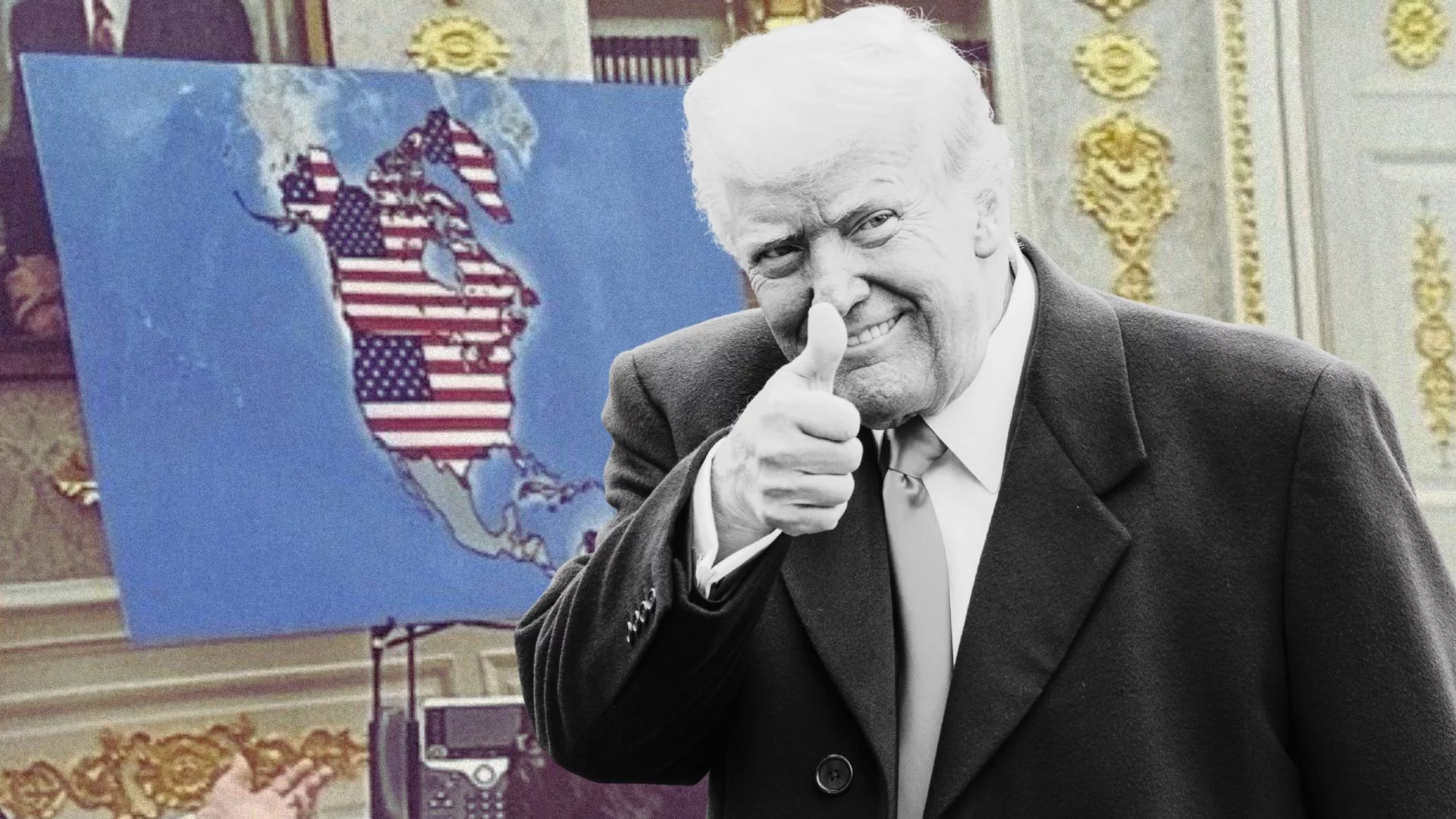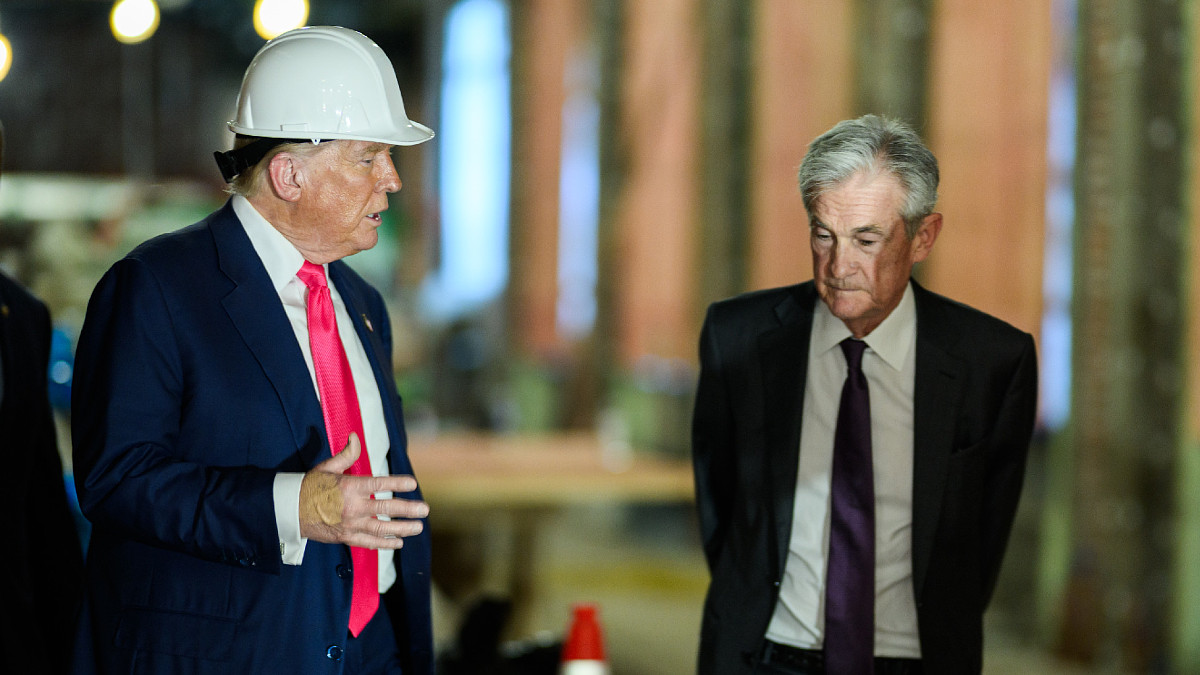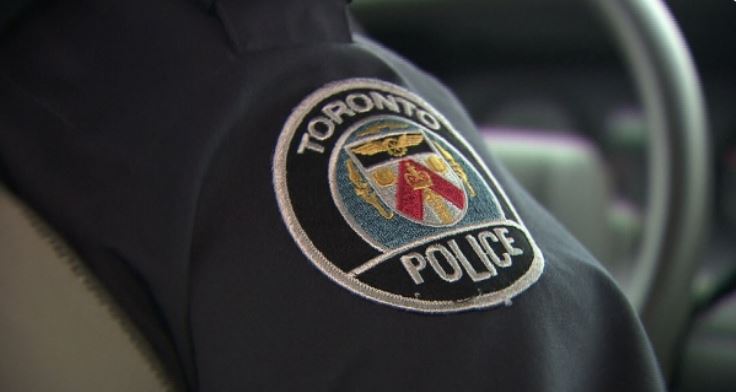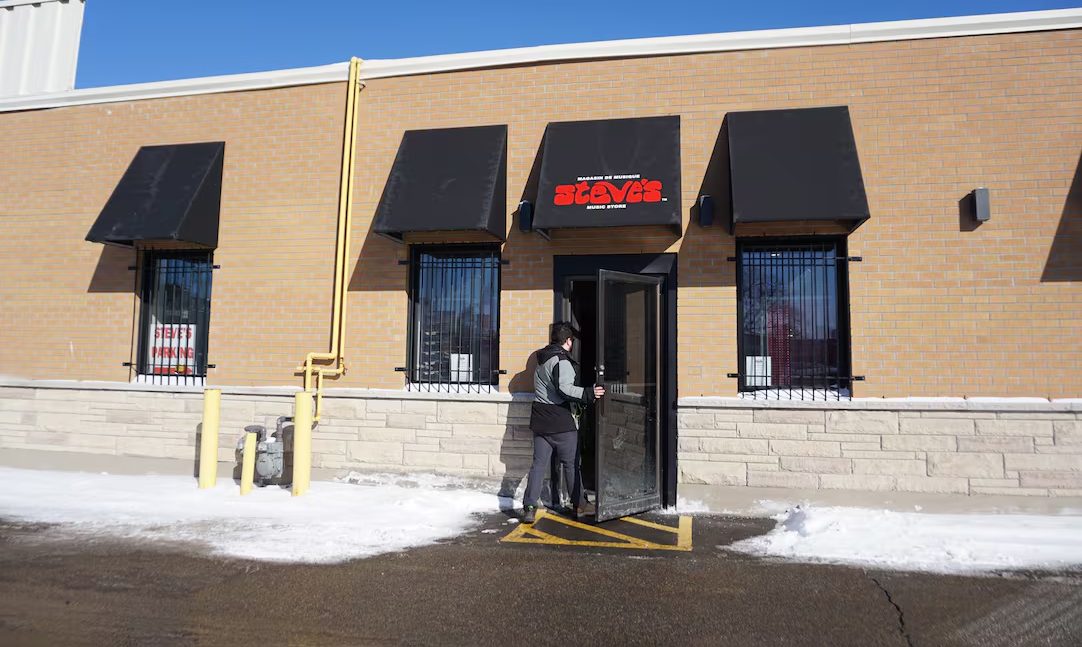
5 Вещи Узнать о приказе Трампа о запрете политического дебанкинга
Автор: Кевин Стоклин, The Epoch Times
Распоряжение президента Дональда Трампа о запрете политизированного дебанкинга призвано обратить вспять то, что, по мнению некоторых аналитиков, является тенденцией отказа банков и платежных услуг от обслуживания людей и компаний по политическим, религиозным или идеологическим причинам.
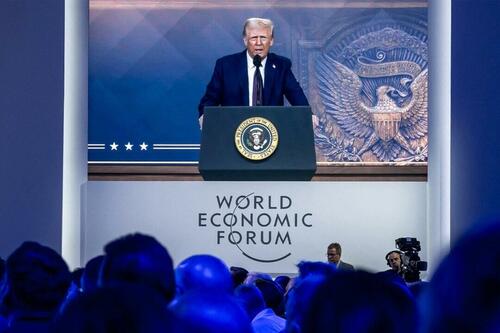
Сторонники политического дебанкинга ссылаются на случаи, когда христиане и консерваторы были жертвами этого процесса. Это включает в себя утверждения христианских организаций, включая некоммерческую организацию Indigenous Advance Ministries в Теннесси, а также Сэма Браунбека, председателя Национального комитета по религиозной свободе (NCRF) и самого президента.
Выступая перед руководителями банков на Всемирном экономическом форуме в январе, Трамп сказал: «Я надеюсь, что вы начнете открывать свой банк для консерваторов, потому что многие консерваторы жалуются, что банки не позволяют им вести бизнес в банке, и это включало место под названием Bank of America. "
Многие консервативные группы высказались в поддержку этого указа.
Всем нужен доступ к основным финансовым услугам. Брайан Найт, старший советник Альянса защиты свободы, ведущего защитника против идеологического дебанкинга, рассказал The Epoch Times.
«Ни один американец не должен беспокоиться о том, что он может потерять свой банковский счет или получить отказ от платежа из-за своих религиозных или политических убеждений. "
Банки отрицают, что принимали участие в политической дебанковской деятельности.
Мы не закрываем счета по политическим причинам, и мы согласны с президентом Трампом, что нормативные изменения крайне необходимы. Патрисия Векслер, пресс-секретарь JPMorgan Chase, сообщила The Epoch Times в своем заявлении.
Мы воздаем должное Белому дому за решение этого вопроса и с нетерпением ожидаем совместной работы с ним в целях обеспечения этого права. "
Представитель Bank of America сказал The Epoch Times в январе: «Мы обслуживаем более 70 миллионов клиентов и приветствуем консерваторов. Мы обязаны следовать обширным правительственным правилам и положениям, которые иногда приводят к решениям о выходе из отношений с клиентами. Мы никогда не закрываем счета по политическим причинам и не имеем политического лакмусового теста. "
Southern Poverty Law Center, левая правозащитная группа, раскритиковала усилия групп, в том числе Альянса защиты свободы, назвав их «продолжающимся крестовым походом, чтобы заставить частный бизнес придерживаться консервативного христианского богословия, отчасти путем распространения ложного повествования о том, что банки частного сектора бросают консервативных религиозных клиентов со времен администрации Обамы». "
Исполнительный указ Трампа направлен на переориентацию федеральных регуляторов и правоохранительных органов от практики, которая, возможно, поддерживала политическую дебанковскую деятельность, к действиям, которые будут активно противостоять ей.
Вот пять ключевых выводов из заказа.
1. Регуляторы снижают «репутационный риск» ?
Приказ предписывает федеральным регуляторам прекратить использование таких критериев, как «репутационный риск», который, по мнению некоторых банков, использовался для давления на них, чтобы заставить их отменить клиентов, чьи политические или религиозные взгляды правительственным чиновникам не нравятся.
Некоторые заинтересованные акционеры говорят, что банки, которые рассматривают политические взгляды при принятии решения о том, кому они будут служить, также создают риски. По словам Джерри Боуиера, генерального директора Bowyer Research и защитника акционеров и клиентов от политического дебанкинга, одним из примеров является утверждение Трампа о том, что несколько банков закрыли его счета после беспорядков 6 января 2021 года в Капитолии.
«Просто подумайте об этом — вы обанкротили кого-то, кто может быть президентом Соединенных Штатов», — сказал Боуиер. «Для меня это не похоже на управление рисками; это звучит как ухаживание за риском. "
«Выглядит так, как будто это было», — сказал он.
Банковские регуляторы уже предприняли шаги по исключению «репутационного риска» из своих критериев. В июне Федеральная резервная система объявила, что репутационный риск больше не будет частью процесса банковского надзора, и заявила, что работает с другими регулирующими органами, чтобы помочь им также отказаться от этого критерия.
2. Начало расследований незаконного дебанкинга
Указ требует от федеральных банковских регуляторов расследовать жалобы на политическую дебанковскую деятельность и передавать любые дела в Генеральную прокуратуру США. Наказания за нарушения могут включать штрафы и постановления о согласии, а также восстановление любых клиентов, которые были незаконно отменены.
Это могут быть не только лица, которым было отказано в обслуживании по идеологическим соображениям, но и компании.
Операция «Чок-Пойнт», которая была принята при администрации Обамы, была случаем, когда регулирующие органы якобы оказывали давление на банки, чтобы те отказывались обслуживать такие отрасли, как розничная торговля оружием и кредиторы, рассматривая их как организации с высоким риском.
Более поздней версией этого была политика Citibank, которая началась в 2018 году, но закончилась в июне этого года, чтобы отказаться от банковских услуг в оружейных магазинах, которые продавались клиентам в возрасте до 21 года.
3. Финансовая конфиденциальность также в центре внимания
В указе Трампа также содержится призыв к федеральному расследованию предполагаемого необоснованного сбора данных о счетах клиентов Bank of America (BOA) передать правоохранительным органам информацию о клиентах, которые ездили в Вашингтон, совершали покупки в магазинах спортивных товаров, которые продавали оружие, такое как Bass Pro Shops или Cabela, или выражали консервативные политические взгляды во время взлома Капитолия в 2021 году.
В мае 2023 года председатель судебной системы Палаты представителей США Джим Джордан (R-Ohio) опубликовал письмо генеральному директору BOA Брайану Мойнихану, в котором говорилось, что банк «предоставил ФБР — добровольно и без каких-либо юридических процедур — список лиц, которые совершили транзакции в Вашингтоне, округ Колумбия, с кредитной или дебетовой картой BoA в период с 5 по 7 января 2021 года», и подчеркнул клиентов, которые купили огнестрельное оружие с помощью кредитной карты BOA.
4.СБА восстановит религиозные организации
Указ Трампа также предписывает Администрации малого бизнеса США (SBA) восстановить клиентов, которым было отказано в кредитах или других услугах по политическим причинам.
Ранее SBA запретила любой группе, которая «преимущественно занималась преподаванием, обучением, консультированием или внушением религии», подавать заявки на кредиты на случай экономических травм.
SBA прекратила эту политику в июле, в соответствии с решением Верховного суда 2016 года по делу Trinity Lutheran Church v. Comer, в котором говорилось, что исключение религиозных организаций из государственных программ является нарушением Первой поправки.
5. Законы о «справедливом доступе»
Несколько штатов недавно приняли законы о «справедливом доступе» к банковским услугам, которые запрещают отказывать в финансовых услугах банкам, страховым компаниям и другим финансовым учреждениям по политическим или религиозным мотивам. Флорида приняла такой закон в 2023 году, а Теннесси — в 2024 году.
Аналогичные законы были введены в законодательных органах штатов в Аризоне, Джорджии, Айдахо, Индиане, Айове, Кентукки, Луизиане и Южной Дакоте, согласно юридическому анализу юридической фирмы Latham & Watkins.
Фирма заявила, что критики законов, направленных против политической дебанковской деятельности, "считают такие инициативы посягательством на политику в области охраны окружающей среды, социального и корпоративного управления (ЭСУ) в финансовой системе. "
Тайлер Дерден
Фри, 08/08/2025 - 19:15

